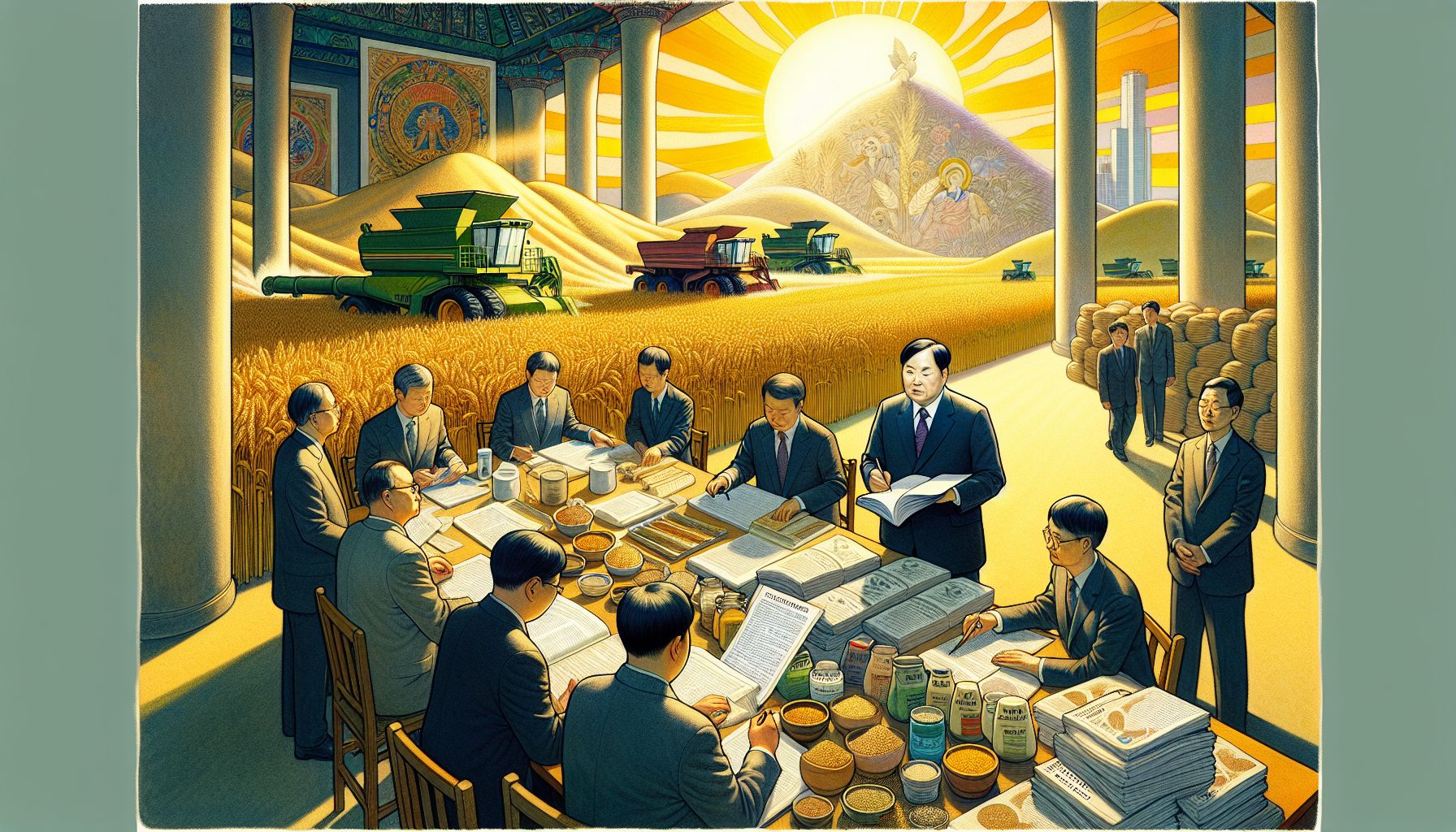South Korea Fast-Tracks Agricultural Law Revisions for Better Crop Management

Seoul, Wednesday, 2 July 2025.
The South Korean government is expediting changes to key agricultural laws, including the Grain Management Act, to prevent crop oversupply and increase strategic crop subsidies.
Innovations and Legislative Changes
On June 27, 2025, the South Korean government and the ruling party sped up discussions on crucial agricultural laws aimed at preventing oversupply of major crops like rice by implementing preemptive measures and incentives for crop diversification in paddy fields. This legislative shift includes potential increases in budgetary allocations for strategic crop subsidies, which aim to support farmers growing alternatives like beans and wheat [1].
The Grain Management Act: Core Changes
The Ministry of Agriculture, Food and Rural Affairs is focusing on amending the Grain Management Act to ensure that excess production is minimized through advanced management strategies. This involves aligning production with demand, reinforcing food security, and increasing farmers’ incomes. The government plans to buy excess rice to stabilize market prices if necessary, showcasing a shift from reacting after surplus occurs to managing supplies proactively [1][2].
Addressing Environmental Concerns
One pivotal aspect of the law revisions is the strategic crop payment system. This system supports the growth of crops other than rice, like soybeans, aiming to promote environmental sustainability and food security. The ministry estimates that supporting such initiatives financially could prevent the buildup of unsold rice, advocating for a balance between rice production and diversification [2][5].
Challenges and Strategic Dialogues
Despite these advancements, farmers express concerns about the infrastructure necessary for crop diversification. Issues like inadequate drainage facilities in regions like Buan, Jeollabuk-do, undermine the successful transition to alternative crops. The enhancement of insurance systems to cover risks posed by natural disasters is also under consideration as part of this agricultural policy overhaul [3][5].